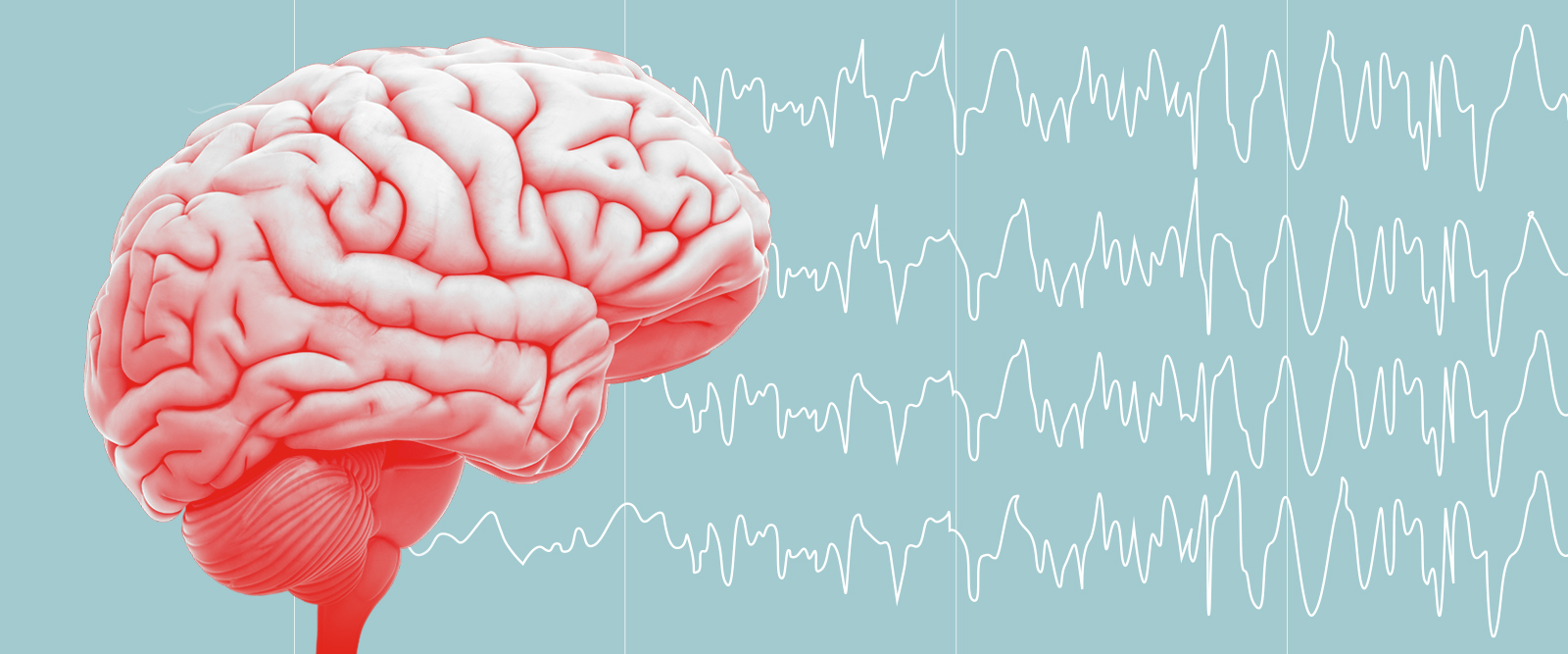
What is Epilsepy?
Epilepsy is a broad term used in relation to a brain disorder that causes seizures. There are multiple types of epilepsy and also different kinds of seizures or periods of unusual behavior. Epilepsy can affect people in a variety of ways since it has many causes. Patients with epilepsy may have other medical conditions in addition to epilepsy. The situation of each individual patient can affect the severity of the person’s condition and the impact it has on their life.
Epilepsy can be caused by different neurological conditions. This includes stroke, brain tumor, head injury, and central nervous system infection. Anyone can develop epilepsy regardless of gender, ethnic background, and age. Epilepsy is not contagious and symptoms may vary. Some patients may stare blankly for a few seconds during a seizure, while others repeatedly twitch their arms and legs.
For an individual to be diagnosed with epilepsy at least two seizures without a known trigger that happen at least 24 hours apart are required. Treatment can include medication and sometimes surgery to control seizures. For some people lifelong treatment is needed and in others seizures eventually go away.
Symptoms of epilepsy
/seizures-as-a-symptom-of-multiple-sclerosis-2440813-2cafbb9630cd4c65bfa0a9bd08c3fb2f.gif)
Types of Seizures

MORE INFORMATION:
American Association of Neurological Surgeons

